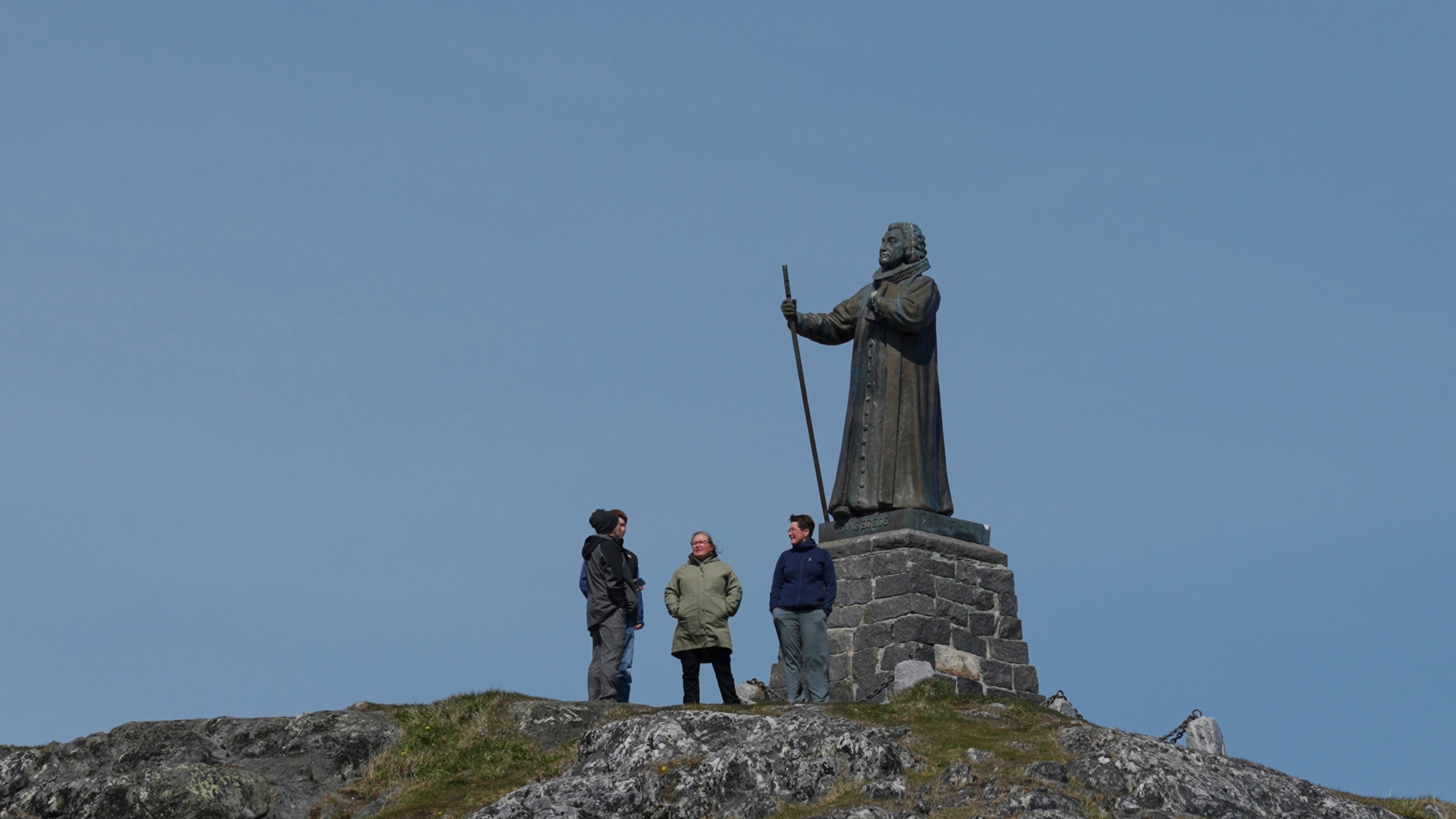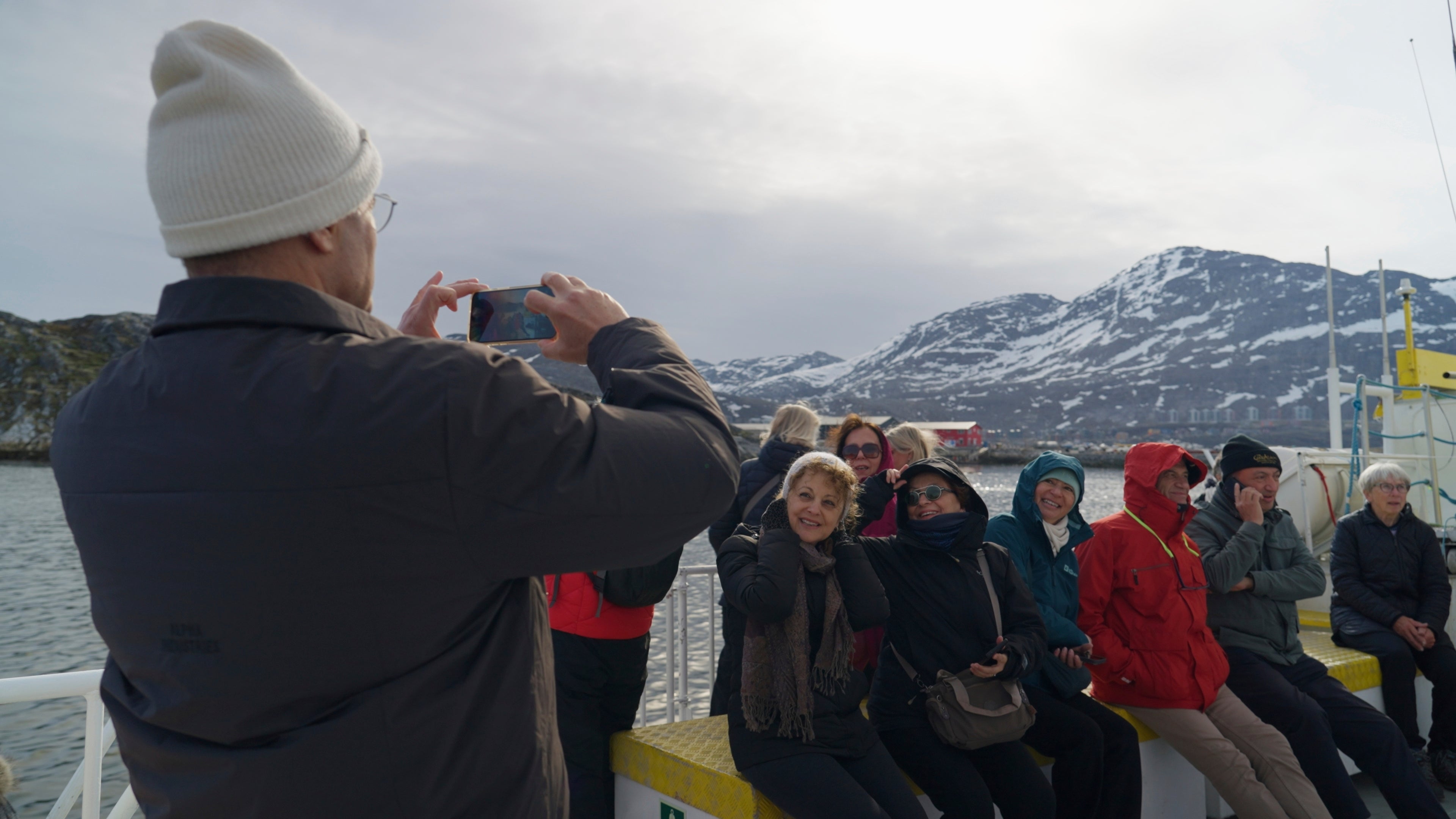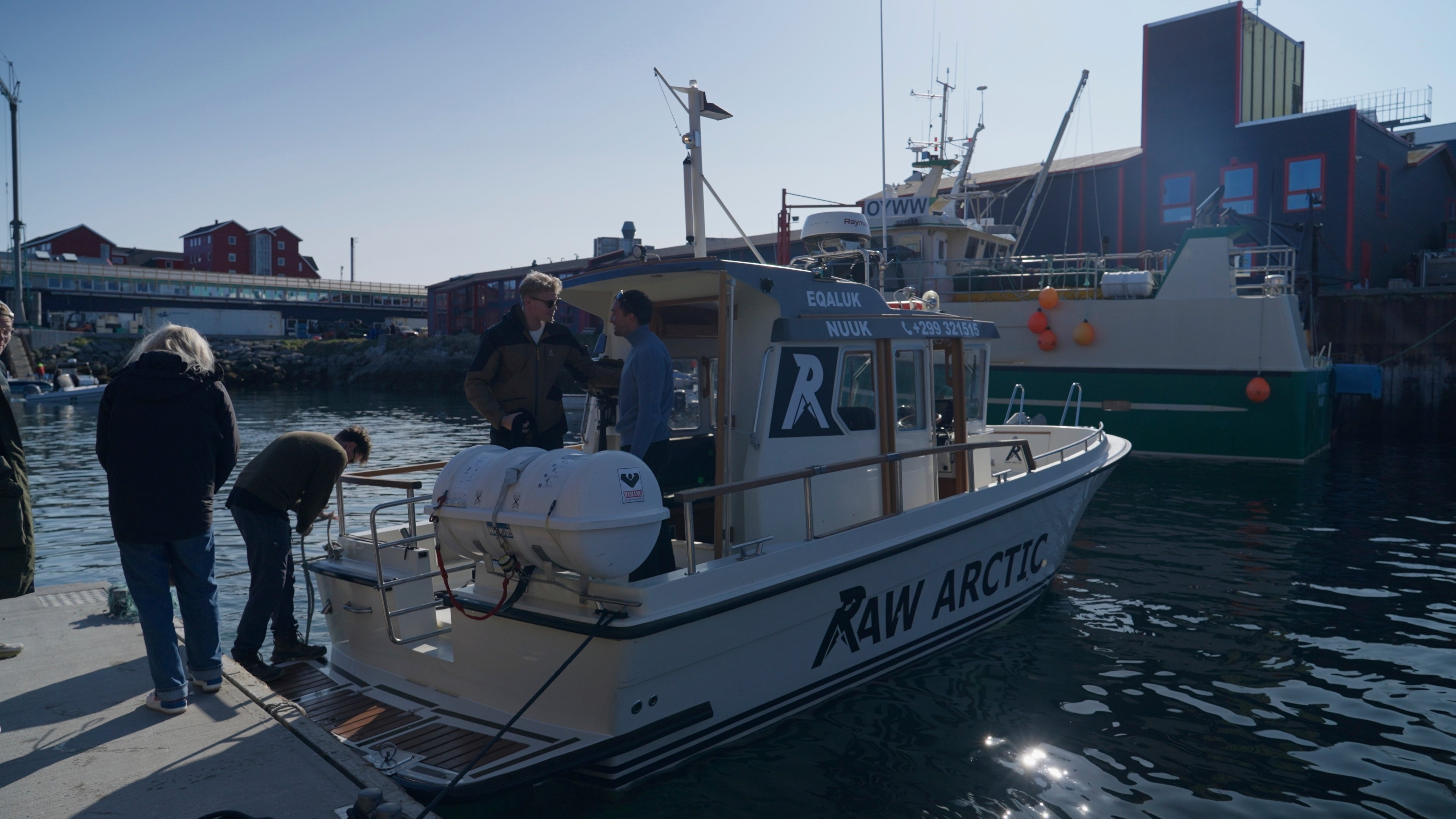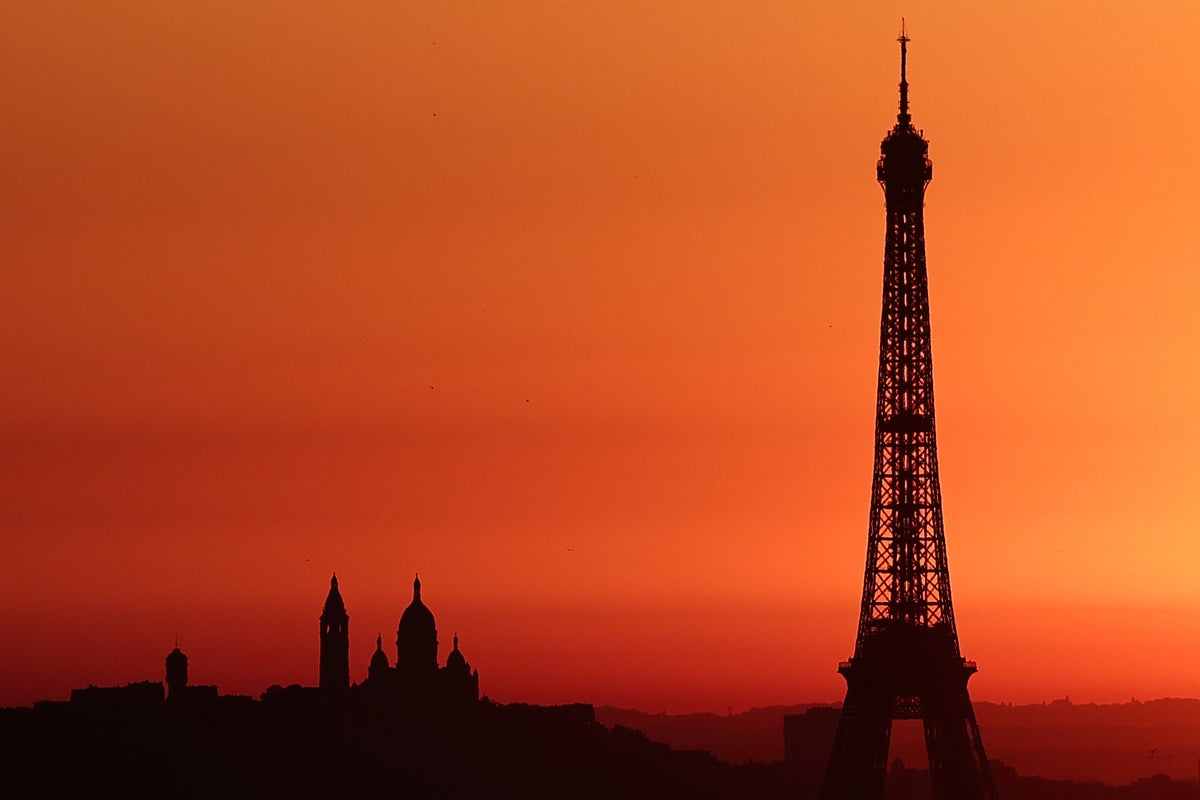Greenland is extending an open invitation to the world, urging visitors to discover its unique culture and breathtaking landscapes. The mineral-rich Arctic island is actively promoting tourism, eager to share its distinct identity beyond recent political headlines.
From exhilarating whale-watching tours to excursions to the iconic puffin island, and guided charters exploring remote settlements, Greenland offers a diverse array of experiences. These are just a glimpse of what the island has to offer those seeking adventure and cultural immersion.
Locals are keen to showcase the island’s true essence, moving past the diplomatic attention it received during discussions with U.S. President Donald Trump. Nukartaa Andreassen, who works for a water taxi company in the capital, Nuuk, encapsulated this sentiment: “Come visit Greenland. Learn about it, learn about us. We love to have you. We love to tell our stories and our culture.”
“Our goal and mission is to present and be the ambassadors of Greenland,” said Casper Frank Møller, the chief executive of Nuuk-based tour guide company Raw Arctic, “and to show what beauty you can experience while you’re here.”

The tourism industry is expected to see a boom this year following the launch of a new route between Nuuk and Newark, New Jersey. The inaugural flight June 14 was the first direct travel from the U.S. to Greenland by an American airline.
How to travel to Greenland
Before the direct flight, air passengers departing from the U.S. needed a layover in Iceland or Denmark to reach Greenland. The change benefited travelers like Doug Jenzen, an American tourist who was on the United Airlines plane from New Jersey.
“I came with the purpose of exploring some of the natural sites around the world’s largest island, hoping to support things like ecotourism and sustainable travel while supporting the local economy,” Jenzen said.
Cruise ships can already dock on the island but they bring less money to businesses catering to tourists because passengers sleep and usually eat on board.
Some 150,000 tourists visited Greenland in 2024, according to Naaja Nathanielsen, Greenland’s business minister.
“We really want to grow the tourism sector. It’s a very good fit for many in Greenland,” Nathanielsen added. “Tourism is about good vibes. It’s about sharing culture, sharing history. It’s about storytelling. And as Inuit, that’s very much part of our heritage.”

Greenland gained worldwide attention when Trump earlier this year announced he wanted to take control of the semiautonomous Danish territory, through a purchase or possibly by force.
Denmark, a NATO ally, and Greenland have said the island is not for sale and condemned reports of the U.S. gathering intelligence there.
Despite the diplomatic tension, Frank Møller of Raw Arctic sees an upside.
“It has kind of put Greenland on the world map. And it’s definitely a situation that Raw Arctic has used to our advantage,” he said.
Still, beefing up the tourism industry should happen at a pace that prioritizes the voices and comfort levels of the roughly 56,000 people on the island, he added.
Andreassen, of Nuuk Water Taxi, agreed.
“It’s very important for me to tell my own story. Because I always feel like when I meet new people, I always introduce a whole Greenland,” she said. “It’s important for me to show our own culture, our own nature. Not by television, not by other people from other countries.”

In June, Pinar Saatci, a 59-year-old Turkish tourist, saw several whales breach the ocean surface during a boat tour.
“It’s very exciting to be here, at the other part of the world, so far away from home,” she said. “It’s a very exciting and unforgettable moment.”
Risskov Rejser has visited Greenland several times through her travel company for Danish travelers. But she is worried about the impact of a tourist invasion.
“For me, the worst thing would be if mass tourism starts and people come here, and sort of look upon the Greenland people as if they were a living museum,” she said. “It has to be done in a respectful way and you have to consider what the consequences are.”
___
Stefanie Dazio in Berlin contributed to this report.


